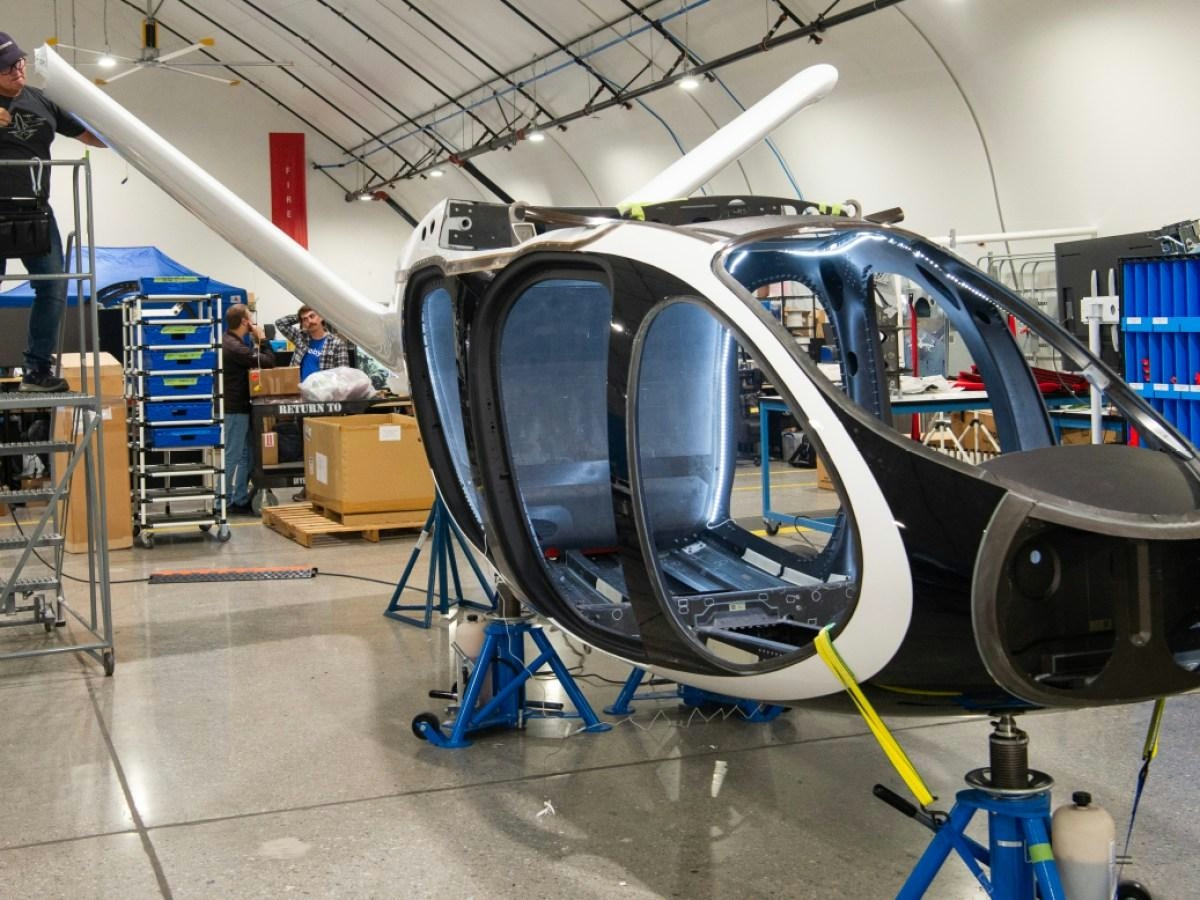AeroGenie — Ваш интеллектуальный второй пилот.
В тренде
Categories
Is Austin Ready for Air Taxis?

Is Austin Ready for Air Taxis?
Emerging Technology and Industry Momentum
At a recent meeting of Austin City Council’s Mobility Committee, Assistant City Manager Michael Rogerson provided an update on the rapidly developing air taxi industry, describing it as an emerging issue for the city’s transportation landscape. Highlighting the immediacy of the technology, Rogerson referenced test flights conducted in March by local aviation startup Lift during the South by Southwest festival. “So this is happening, this is real,” he affirmed, underscoring Austin’s early engagement with electric vertical takeoff and landing vehicles (eVTOLs).
The air taxi sector, which revolves around eVTOL technology, has attracted substantial investment, particularly following executive orders from former President Donald Trump. These directives instructed the Federal Aviation Administration (FAA) to expedite the integration of air taxis into U.S. airspace as part of broader initiatives to enhance national air defense and civilian aviation capabilities. Rogerson cited a Reuters report noting that Archer Aviation, a prominent air taxi company, secured over $850 million in funding shortly after these orders were issued in early June.
Companies such as Archer and Joby Aviation are competing to establish eVTOLs as a mainstream urban transit option. These aircraft, resembling large drones, can take off and land vertically like helicopters but operate more quietly and efficiently due to their electric propulsion systems. Despite the industry’s rapid progress and Archer’s soaring stock prices, skepticism remains regarding the safety and reliability of air taxis. Regulatory challenges and public acceptance continue to pose significant obstacles for Joby Aviation and other competitors.
Challenges Facing Austin’s Adoption of Air Taxis
Austin’s preparedness for integrating air taxis into its transportation network remains uncertain. Rogerson identified several key challenges, including the potential strain on the city’s electrical grid from the increased charging demands of eVTOLs. Additionally, land use concerns arise from the need to construct or retrofit “vertipads” — designated takeoff and landing sites for these vehicles. Integrating a new class of aircraft into already congested urban airspace further complicates the city’s planning efforts.
Regulatory uncertainties also loom large, as federal and local authorities work to adapt existing frameworks to accommodate the unique requirements of air taxis. Safety remains a paramount concern for both officials and the public. Recent near-miss incidents involving Tesla’s autonomous robotaxi tests in Austin have heightened apprehensions about the broader adoption of autonomous vehicles, including those operating in the air.
Rogerson emphasized the importance of proactive planning and engagement with industry stakeholders to avoid repeating past mistakes. “I support technology. I’m gonna tell you, I’m a technology wonk. I love it. But we need to think about the impacts this can have,” he stated, urging the committee to carefully consider the implications of eVTOL integration.
Committee Chair Paige Ellis echoed these sentiments, stressing that safety must be the foremost priority. “I’m just very concerned that things are going to be falling out of the sky,” Ellis remarked. “And that’s not something that anybody wants here in Austin, Texas.”
Industry Outlook and Local Implications
Despite these challenges, the air taxi industry continues to gain momentum. Public demonstration flights and partnerships with cities such as Los Angeles reflect growing optimism among developers and municipal leaders. However, as Austin evaluates the potential benefits of air taxis against regulatory, infrastructural, and safety concerns, the path toward widespread adoption remains complex and uncertain.

Factors Positioning Airbus for Leadership in 2026

Emirates Unveils Cabin Design for New Boeing 777X

Eighteen Years On, the Airbus A380 Remains Central to a $34 Billion Airline

How a boom in luxury airline seats is slowing down jet deliveries

Navitaire Outage Attributed to Planned Maintenance

Airbus Plans Record Delivery of 870 Aircraft in 2026

DigiYatra Debuts Outside Aviation at India AI Impact Summit

Vietnam Orders Strengthen Boeing’s Commercial Outlook

Airbus Signals Uncertainty Over Future A400M Orders

JobsOhio Awards $2 Million Grant to Hartzell Propeller for Innovation Center
